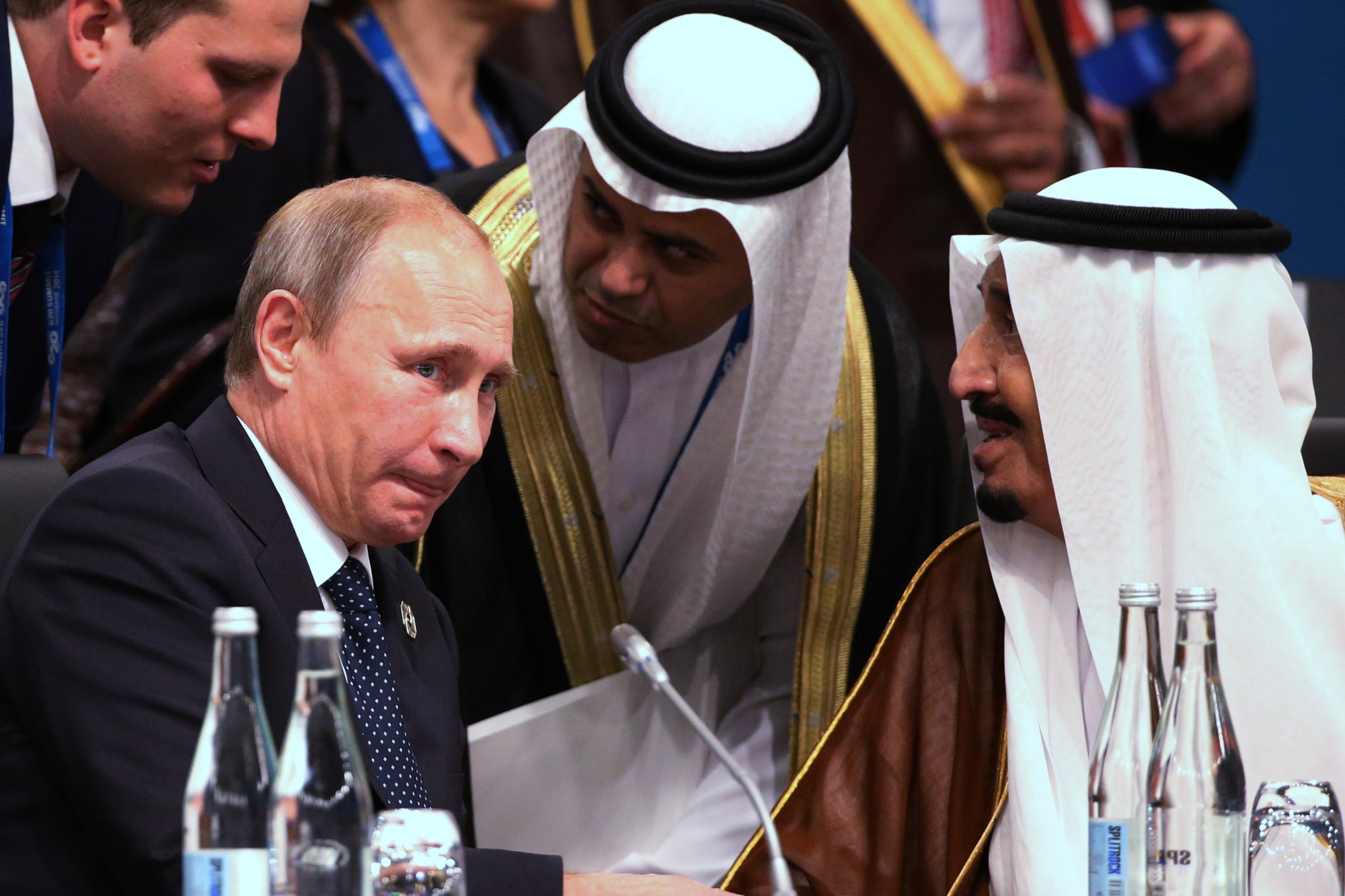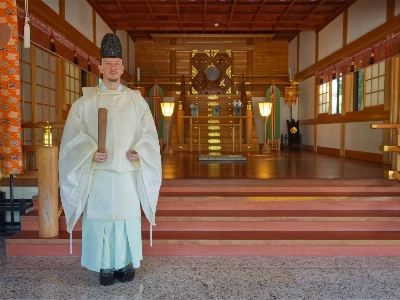Much has been made of Russia's pivot to China as a danger to the U.S.-led world order, and the Kremlin has done its best to play up these fears in an effort to keep Russia punching above its weight. In reality, though, Russia has pivoted more successfully toward the Middle East, where President Vladimir Putin feels at home among a particular cohort of authoritarian rulers.
Last week's annual session of the Valdai Discussion Club, Putin's favorite platform for airing foreign policy ideas, was dedicated to "The Dawn of the East and the World Political Order." The intellectual debate centered, of course, on China and Russia's strategic relationship to it. But the underlying problem there is that Russia doesn't have enough to offer China economically to be considered an equal partner.
Russia can be a major energy supplier; it can also provide its vast territory and use its strength in the Arctic to build transport corridors for Chinese trade. There are, however, competing options for China. Besides, Russia isn't an irreplaceable market for Chinese goods, and it doesn't have much valuable technology to transfer.



















With your current subscription plan you can comment on stories. However, before writing your first comment, please create a display name in the Profile section of your subscriber account page.